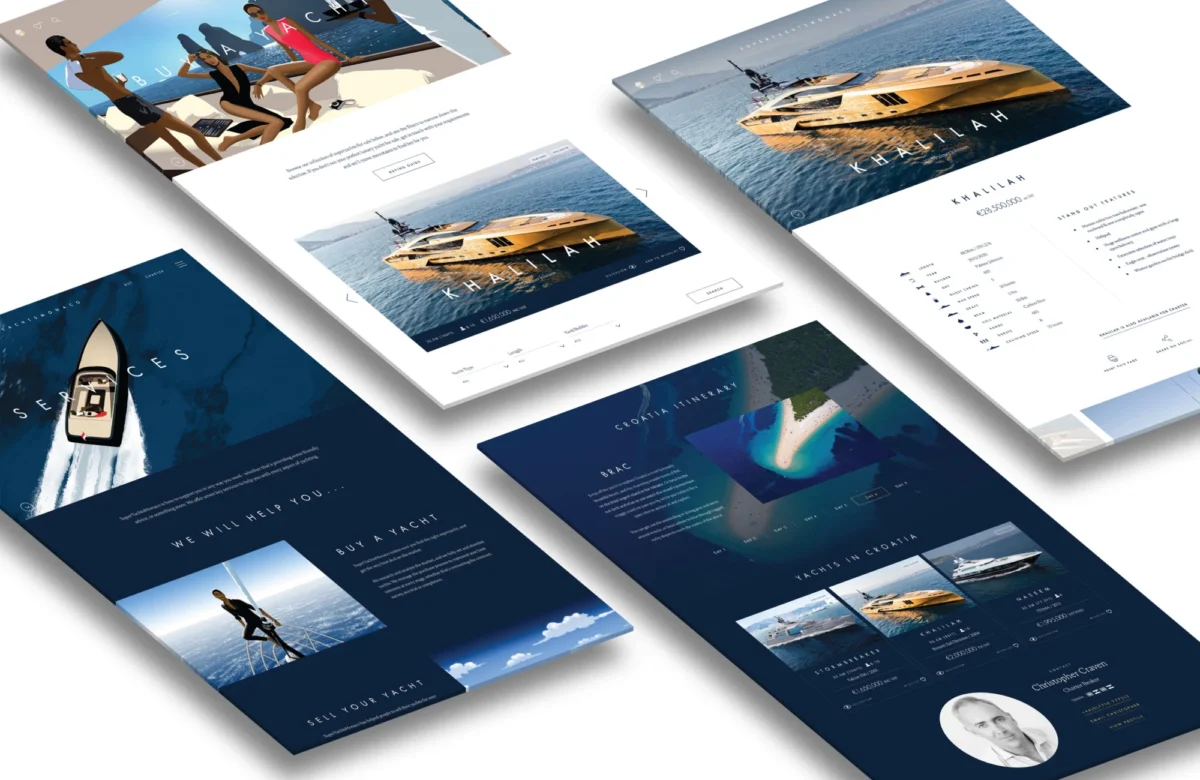AI assistants capable of planning trips and booking travel are popping up everywhere, providing personalised recommendations, destination overviews, and in-the-moment assistance. Here, we offer an overview of this emerging technology and what it will take for AI agents to become more trustworthy travel partners.
AI is creating a whole new world of possibilities in travel and hospitality. Thanks to its ability to understand natural language, process and analyse huge amounts of data, and provide context-aware suggestions, it can be an incredibly effective customer-facing tool.
In our report AI Takes Flight: The Future of Travel, we discuss how a new category of AI assistants are filling the gap left by traditional human travel agents, promising a wealth of knowledge and advice about travel, tailored specifically to each traveller’s needs. This level of hyper-personalisation, expertise, and 24/7 availability — once reserved for high-end businesses — has now been democratised by AI, making exceptional experiences much more accessible.
Many travel companies are already taking advantage of this and launching their own chatbots and travel AI assistants. Expedia, for example, has just unveiled Romie, an AI assistant that offers personalised travel suggestions based on user interests. Romie can join group chats to understand holiday needs and continuously learns from user interactions.
Similarly, KAYAK has launched a travel planning assistant on ChatGPT, allowing users to type natural language queries like “Where can I fly from London for under £200?” and receive personalised recommendations based on their search criteria and KAYAK’s historical data.
Hotels are also putting the technology to use. Most recently, Marriott’s Renaissance hotels released RENAI, an AI-powered virtual concierge that can recommend restaurants, bars, tours, and activities to guests.
In the near future, we expect the role of AI assistants to expand even further, not just searching and booking flights and hotels, but proactively suggesting everything from restaurant reservations to daytime excursions that are hyper-personalised to travellers’ preferences. This has the potential to not just reshape travel planning, but redefine the entire travel experience, allowing travellers to focus less on logistics and more on enjoying their trip.
However, the journey to integrating AI is not without its challenges. Currently, AI assistants tend to struggle with more nuanced or complex requests and occasionally produce hallucinations — nonsensical, irrelevant, or incorrect responses presented as accurate. This can affect a traveller’s trust in a chatbot’s abilities, and their willingness to use AI as a tool.
In order to limit inaccuracies, AI systems should be updated regularly and have real-time access to reliable data. Travel companies might also consider developing tailored models to better suit their specific needs, such as the integration of local regulations or industry data. Tailored models help AI provide more accurate and contextually relevant responses, improving the reliability and trustworthiness of the service.
What’s more, customising an AI solution allows for better control over data privacy. Instead of relying on third party models, alone, businesses can implement robust security measures tailored to their specific requirements, ensuring compliance with data protection regulations such as GDPR while building customer trust.
By carefully considering the customer experience, accuracy, and data privacy, travel companies can harness the power of AI to significantly enhance travel. As the technology continues to evolve, its impact on the industry will grow even greater. Travel companies that thoughtfully plan for these challenges will be well-positioned to leverage AI to transform their services, providing a competitive edge and driving innovation in the industry.
If you would like to learn more about Beyond’s AI solutions and how we can help you develop your AI capabilities, get in touch.


